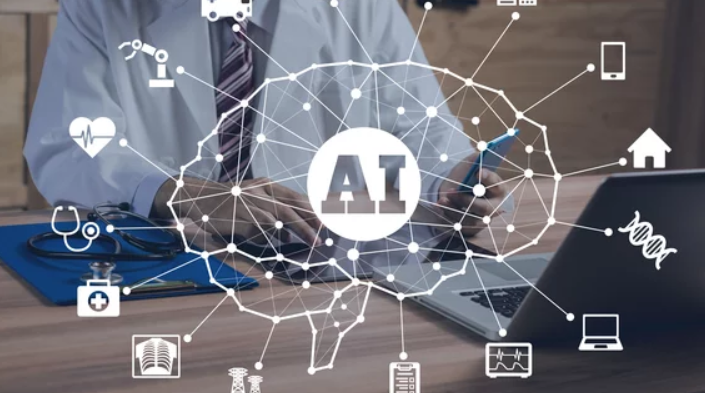While Artificial Intelligence (AI) holds great potential in healthcare, it also introduces several significant risks. These concerns range from patient safety and privacy to ethical dilemmas and regulatory uncertainties. Understanding and addressing these risks is essential to ensure responsible AI integration in the medical field.
1. Data Privacy and Security Threats
AI systems rely heavily on large volumes of personal health data to function effectively. However, storing and processing such sensitive information increases the risk of cyberattacks, data breaches, and unauthorized access. A compromised AI system can leak patient details, undermining trust and violating legal regulations like HIPAA or GDPR.
2. Algorithmic Bias and Inequality
AI models are only as good as the data they’re trained on. If the training data is biased or lacks diversity, the resulting algorithms may provide inaccurate or unfair outcomes—especially for marginalized or underrepresented groups. For instance, diagnostic tools trained primarily on data from one demographic may fail to detect conditions in others, leading to misdiagnosis or inadequate treatment.
3. Lack of Transparency (The Black Box Issue)
Many AI models, especially deep learning systems, operate in a way that is difficult to understand or interpret—even by the developers themselves. This “black box” nature poses a challenge in clinical settings where healthcare professionals must be able to explain treatment decisions to patients and regulators.
4. Over-Reliance on AI Systems
As AI becomes more integrated into clinical workflows, there is a risk that healthcare professionals may over-rely on these systems. Blind trust in AI outputs, especially when they’re incorrect or incomplete, could result in diagnostic errors or improper treatments. Maintaining human oversight is crucial.
5. Errors and Malfunctions
AI systems are not infallible. They can make mistakes due to flawed data, incorrect programming, or unexpected real-world conditions. A single malfunction in a diagnostic or treatment recommendation tool could have serious, even life-threatening, consequences for patients.
6. Ethical and Legal Concerns
AI raises many ethical questions: Who is responsible if an AI system makes a harmful decision? Can a patient give truly informed consent when AI is involved? As AI becomes more autonomous, these legal gray areas must be addressed through updated laws and guidelines.
7. Inconsistent Regulation and Approval
The healthcare industry is heavily regulated, but AI-specific guidelines are still catching up. Regulatory bodies like the FDA are working to create frameworks for AI tools, but inconsistent or unclear standards across countries can delay innovation and create confusion about safety and compliance.
8. Displacement of Healthcare Jobs
There is concern that AI could replace certain healthcare roles, such as radiologists or administrative staff. While AI is more likely to augment than replace human professionals, job insecurity and the need for retraining are real challenges as technology evolves.
9. Lack of Interoperability
AI tools often struggle to integrate smoothly with existing Electronic Health Record (EHR) systems, lab tools, and hospital infrastructure. Without seamless interoperability, these tools may disrupt workflows rather than improve them, reducing their effectiveness and adoption.
10. Inequitable Access to AI Technologies
High costs and infrastructure requirements mean that many low-resource hospitals and rural areas cannot afford to implement advanced AI systems. This may widen the healthcare gap between well-funded urban hospitals and under-resourced communities, both locally and globally.
Conclusion
AI offers exciting possibilities in healthcare, but it must be implemented responsibly. Addressing the risks—such as data privacy, algorithm bias, transparency, and ethical dilemmas—is essential for building trust and ensuring AI enhances, rather than harms, patient care. A balanced approach combining innovation with regulation will help unlock AI’s full potential in healthcare.







Leave feedback about this